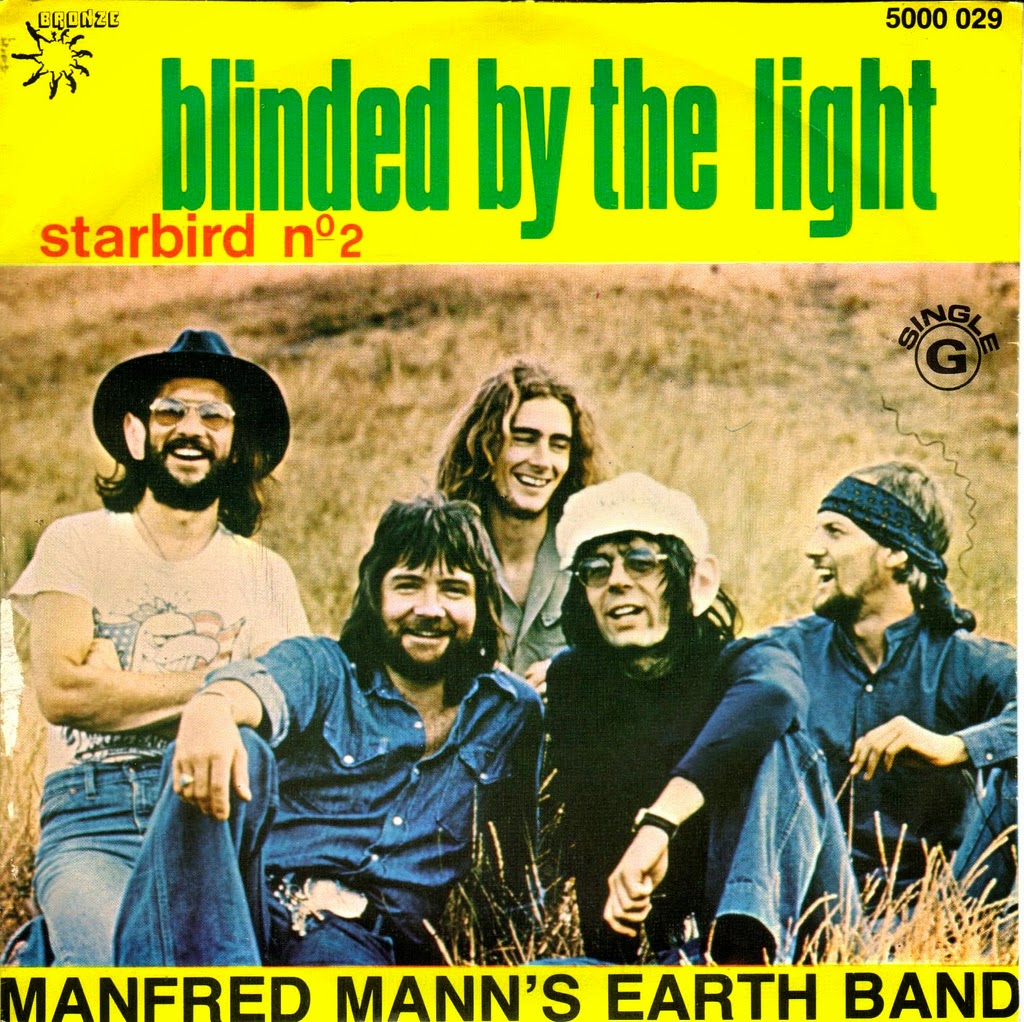“Kashmir” is a song by the English rock band Led Zeppelin from their sixth album Physical Graffiti, released in 1975. It was written by Jimmy Page and Robert Plant (with contributions from John Bonham) over a period of three years with lyrics dating to 1973. The song became a concert staple, performed by the band at almost every concert after its release. The song has been described as one of Led Zeppelin’s two most overtly progressive epics.
Page and Plant released a longer, live version, recorded with an Egyptian/Moroccan orchestra, on No Quarter: Jimmy Page and Robert Plant Unledded (1994) and continued to perform the song with an orchestra on their 1995 tour.
The song is over 8 minutes long.








